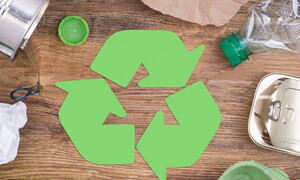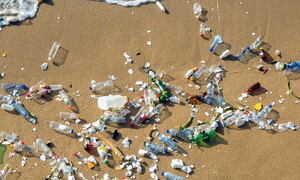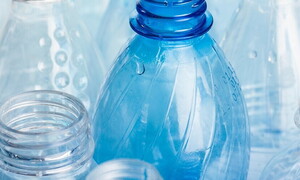SUPRA turns masks and gowns into asphalt
21 January 2022

The pandemic has generated many problems, one of which is the disposal of personal protective equipment (PPE), such as used masks and gowns. A group of researchers has decided to convert plastic waste from gowns and masks into a resource to prepare reinforced asphalt, and this innovative idea has won the “Call for proposals for funding research activities aimed at reducing waste from single-use plastics – Edition 2021”, launched by the Ministry of Ecological Transition. SUPRA (Single Use PPE Reinforced Asphalt) is the name of the winning project proposed by researchers and lecturers at the Department of Economics, Engineering, Society and Enterprise (DEIM) of the University of Tuscia, in collaboration with researchers from the Department of Information and Production Management Engineering at the University of Bergamo. The aim of the SUPRA project is to eliminate the waste produced by the use of PPE and to obtain a new product for use in road construction, transforming rubbish into something useful for the environment by giving it the right economic value.
Researchers have come up with the idea of converting the suitably treated material from masks and gowns into ‘reinforced asphalt’. This material will perform better in terms of fracture resistance and service life compared to traditional unreinforced asphalt, and at the same or better level compared to asphalt reinforced with other types of materials commonly used in this sector, such as glass fibre or cellulose. SUPRA is an interesting alternative for companies in the waste disposal and road construction industries. The benefits could be manifold: companies involved in waste management will be able to transform waste to be disposed of into a value-added resource, asphalt manufacturers will be able to replace currently used reinforcement with a lower-cost material with the same or better performance, road managers will be able to reduce maintenance costs for road surfacing, and public authorities will benefit from reduced maintenance costs.



